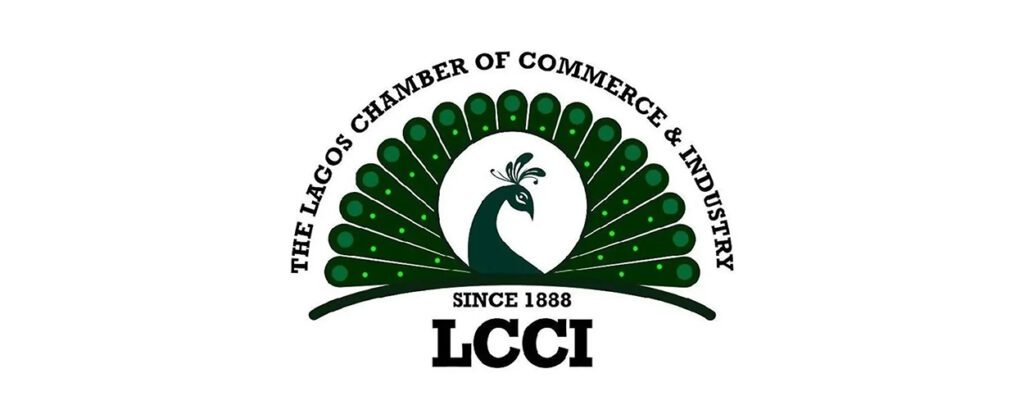The rise in food prices in Nigeria has been attributed to increases in prices of oil and fat, bread and cereals, fish, potatoes, yam and other tubers, fruits, meat, vegetables, and spirits. This piece of information was given by the Lagos Chamber of Commerce and Industry (LCCI) in its statement on the April 2023 inflation rate, signed by its Director-General, Dr. Chinyere Almona. According to the LCCI, given the recent Consumer Price Index (CPI) data, as released by the National Bureau of Statistics (NBS), inflation rate rose for the fourth consecutive month to 22.22 per cent in April, from 22.04 per cent recorded in March 2023, which is an increase of 0.18 percentage points.
The chamber noted that in particular that food inflation rate in April 2023 was 24.61 per cent, which was 0.16 percentage points higher than the rate recorded in March 2023, at 24.45 per cent while core inflation also increased significantly by 0.28 percentage points to 20.14 per cent in April from 19.86 per cent recorded in March 2023 and 14.18 per cent in April 2022. Since February 2016 to date, Nigeria has “recorded a double-digit monthly inflation rate, with an adverse effect on the size of its middle class. Furthermore, the inflation rate of 22.22 per cent is the highest in about 17 years, with significant and worrisome impacts on both household and business sectors.
“Apart from eroding purchasing power, it has led to inventory stockpiles. If left unchecked, the high inflation may further constrain production, lead to a steeper rise in poverty figures, frustrate economic growth, and lead to higher unemployment and non-competitive exports, especially in the sub-region. The Lagos Chamber of Commerce and Industry is concerned that despite consistent monetary policy rate hikes, taming the inflation trend has remained futile. We, however, appeal to the government to implement fiscal measures, such as reducing/removing taxes on staple food items to protect the most vulnerable as well as spur demand-side growth”, the DG stated further.



